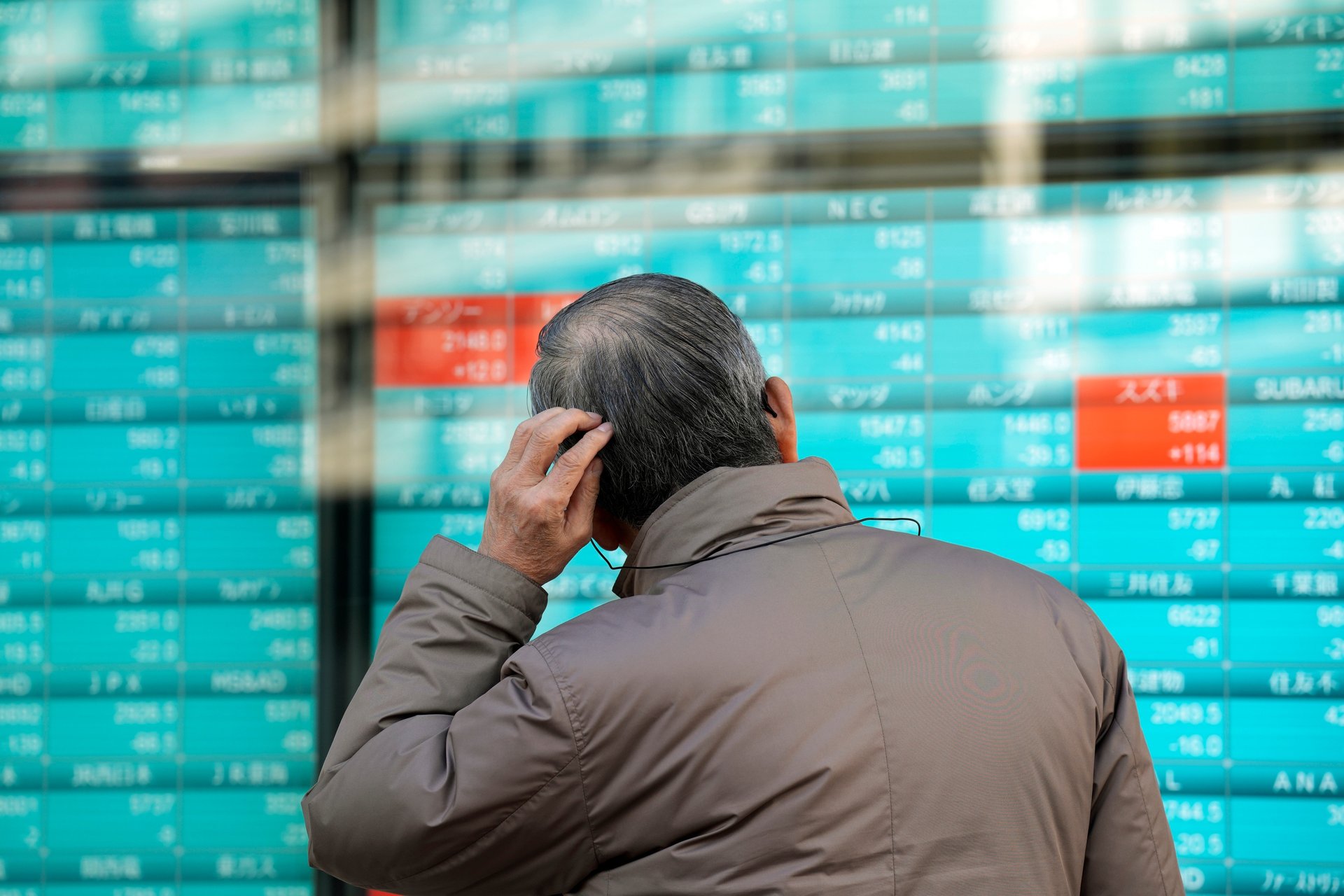Stock market today: Asian shares power higher following slight gains on Wall Street
Asian shares have powered higher after Wall Street logged modest gains in this holiday-shortened week

BANGKOK (AP) — Asian shares powered higher on Thursday, with Chinese benchmarks up more than 1%, after Wall Street logged modest gains in this holiday-shortened week.
Suggested Reading
U.S. futures edged higher and oil prices were mixed.
Related Content
Tokyo's Nikkei 225 index was an outlier in the region, shedding 0.5% to 33,519.61. Speculation over whether and when the Bank of Japan might ease its longstanding lax monetary policy and raise its key interest rate from minus 0.1% has kept stocks wobbling in the world's third-largest economy.
BOJ policymakers are waiting to see what sort of wage gains might come in 2024 as part of the central bank's strategy of keeping credit easy to try to spur stronger growth.
In Hong Kong, the Hang Seng index gained 1.5% to 16,876.69 on heavy buying of technology and property shares. It has lost about 14% this year as China's economy has sputtered despite the country's reopening after it loosened COVID-19 precautions.
Online food delivery company Meituan was up 4.3% and property developer Sino-Ocean Group Holding was up 3.5%.
The Shanghai Composite index surged 1.1% to 2,947.01.
South Korea's Kospi advanced 0.9% to 2,638.04 and the S&P/ASX 200 in Australia rose 0.5% to 7,600.50.
India's Sensex gained 0.4% and Bangkok's SET was up 0.3%.
On Wednesday, the S&P 500 rose 0.1% to 4,781.58. It is up 24% for the year. The Dow Jones Industrial Average rose 0.3%, to close at 37,656.52.
The technology-heavy Nasdaq composite rose 0.2% to 15,099.18. It has outpaced other major indexes with a gain of 44% this year.
Trading was subdued with two trading days left in the year. The S&P 500 is coming of its eight straight winning week and is hovering just below its all-time high set in January of 2022.
Bond yields fell significantly. The yield on the 10-year Treasury, which influences mortgage rates, fell was at 3.81% early Thursday, down from 3.90% late Tuesday. Yields have been falling over hopes that inflation has cooled enough for the Federal Reserve to consider cutting interest rates in 2024.
Several biotechnology companies made big moves after giving investors updates on drug development. Cytokinetics surged 82.5% on an encouraging study update for a potential heart condition treatment. Iovance Biotherapeutics shed 18.7% after pausing a study on a potential lung cancer treatment because of a possible safety issue.
The New York Times rose 2.8% after filing a federal lawsuit against OpenAI and Microsoft over copyright infringement, seeking to end the practice of using its stories without permission to train chatbots.
The final week of 2023 lacks any big U.S. economic updates. Overall, investors have been encouraged by reports showing inflation is on the decline even as the economy appears stronger than expected. The Fed is walking a tightrope, seeking to slow the economy enough through high interest rates to cool inflation, but not so much that it tips the nation into recession.
Inflation slowed to a rate of 2.6% in November, according to a measure closely followed by the Fed. That’s down from 7.1% in the middle of 2022 and edging closer to the central bank’s target of 2% inflation. U.S. economic growth has been steady since contracting in the middle of 2022 and sharply accelerated in the third quarter of 2023.
The data have raised hopes that the economy will likely avoid a recession, or at least avoid a significant one. They have also encouraged Wall Street to bet that the Fed is done raising interest rates and will likely shift to rate cuts in the new year. The central bank has held rates steady since its meeting in July, and Wall Street expects it to start cutting rates as early as March.
In other trading Thursday, U.S. benchmark crude oil shed 7 cents to $74.04 per barrel in electronic trading on the New York Mercantile Exchange. It declined by $1.46 on Wednesday.
Brent crude, the international standard, was unchanged at $79.54 per barrel.
The U.S. dollar fell to 141.30 Japanese yen from 141.84 yen. Expectations for a change to the BOJ's stance have given the yen renewed strength, while hopes for an easing to U.S. interest rates have weakened the dollar.
The euro rose to $1.1113 from $1.1106.
___
AP Business Writer Damian J. Troise contributed.